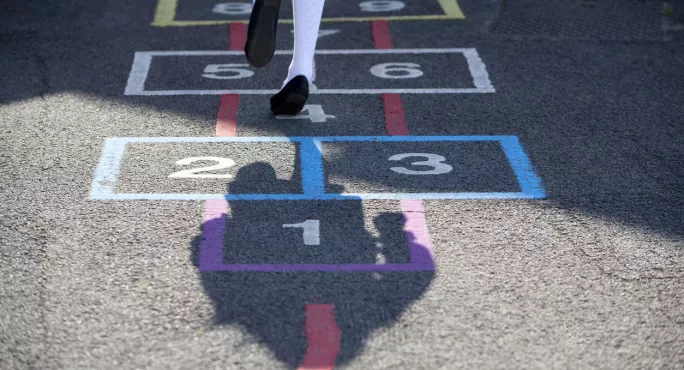Teachers should start looking out for signs that pupils may be at risk of female genital mutilation (FGM), in advance of the summer holidays, a children’s charity has said.
Barnardo’s has advised teachers to look for a number of key signs that suggest that a girl may be at risk of being taken abroad for FGM procedures.
Need to know: Teacher’s guide to spotting signs of FGM
Quick read: Schoolgirls pressured in playground about FGM
Analysis: `FGM is wrong, it’s illegal and it must be reported’
The period, known as FGM “cutting season”, begins as schools break up in July and girls’ families can take them overseas. FGM is illegal in Britain.
The National FGM Centre, which is run by Barnardo’s and the Local Government Association, says that teachers can only help to protect pupils against FGM if they know specifically which signs to look for.
These signs include:
- A pupil confiding she is going to have a “special procedure”, or attend a special occasion to “become a woman”.
- A pupil talking about looking forward to a long holiday in a country where the practice is prevalent.
- A girl approaching a teacher or another adult because she suspects she’s at immediate risk.
- A girl telling her friends about FGM.
In addition, clues may be given by a pupil’s parents, who may:
- Say they are taking their child out of the country for a prolonged period of time.
- Ask permission to take their daughter out of school during term time.
- Talk about looking forward to a long holiday in a country where her relatives live and where the practice is prevalent.
- Mention they are going to a country with a high prevalence of FGM, especially during holiday periods.
The National FGM Centre also suggests that teachers should look for signs that girls may have already undergone the procedure. These include difficulty in walking or sitting down comfortably and taking a long time in the toilet.
In addition, there may be a significant change in girls’ behaviour. For example, some girls might become withdrawn after FGM.
According to the statistics published by NHS Digital, there were 1,990 women and girls in England treated for FGM between January and March this year. Of these, 1,015 were newly recorded cases.
In total, there are at least 137,000 girls and women affected by FGM in England and Wales.
In 80 per cent of these cases, FGM took place in girls under the age of 18. But it can take years before a medical professional is made aware of a case.
Leethen Bartholomew, head of the National FGM Centre, said: “Much more needs to be done to support survivors of FGM and protect girls who are at risk.
“FGM is child abuse and no girl should ever have to live with the harmful physical and emotional consequences of this practice.”




